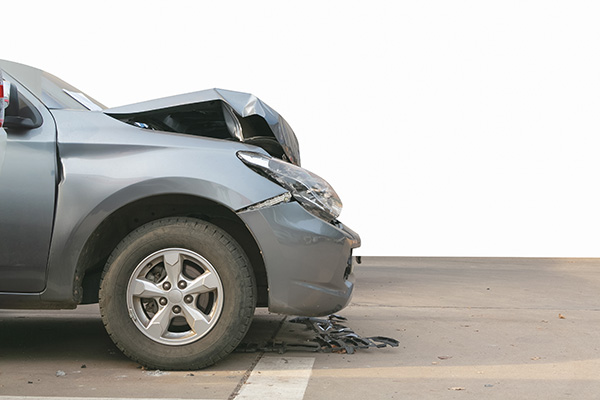
Accidents are unexpected and stressful, leaving you with an array of immediate decisions to make. Among these, deciding whether to drive your vehicle or call a tow truck can be crucial. After all, the safety of both you and your car depends on making the right call. These are the considerations you should take into account after a collision to determine the best course of action.
Assessing the Damage
When you're involved in a collision, the first step is to thoroughly assess the damage to your vehicle. This assessment goes beyond just a quick glance at the exterior. You need to look for both visible and hidden damages that might compromise the safety and functionality of your car. Begin with a visual inspection, checking for obvious issues like:
Fluid Leaks
Any fluids leaking from your car, be it oil, coolant, or transmission fluid, can indicate serious internal damage. Driving with such leaks can further harm your engine and other components, not to mention pose a risk to road safety.
Tire and Wheel Damage
Examine your tires and wheels closely. If you notice a flat tire, bent rim, or alignment issues, driving is not recommended. A damaged tire or wheel can lead to loss of control, making your vehicle hazardous on the road.
Structural Damage
Look for any signs of structural damage to the body or frame of your vehicle. If the frame is bent or crumpled, it can significantly affect the car's drivability and safety. This type of damage is not always immediately visible but can be detected if doors or the hood do not open or close properly.
Lights and Signals
Ensure all your lights and signals are functioning correctly. Faulty headlights, taillights, or turn signals can make your vehicle less visible to other drivers, increasing the risk of another accident.
Checking for Hidden Damage
Even if your vehicle appears to be in decent shape externally, there could be hidden damages that aren't immediately obvious. These can include:
Suspension and Steering Issues
Any impact can cause damage to your car's suspension and steering systems. If you notice any changes in handling, unusual noises, or vibrations, it's safer not to drive.
Braking System
Ensure your brakes are working perfectly. Any unusual sounds, reduced responsiveness, or difficulty in stopping indicate a problem that needs immediate attention.
Electrical Systems
Modern vehicles rely heavily on electrical systems. Check for any warning lights on the dashboard that might indicate a problem. Malfunctions here can affect essential systems like airbags, ABS, or traction control.
Evaluating Your Own Condition
Beyond the state of your car, you also need to consider your own condition after an accident. Adrenaline and shock can mask injuries, making you feel fine initially. Take a moment to check yourself for any signs of injury, even if they seem minor. Common issues like whiplash or concussions might not present symptoms immediately but can worsen if you continue driving.
Legal and Insurance Considerations
Depending on the severity of the collision, legal and insurance implications might also influence your decision. If the accident is serious, involving significant property damage or injury, it's generally better to call a tow truck. This not only ensures safety but also preserves the accident scene for police reports and insurance claims. Driving away from the scene could complicate matters, potentially affecting your coverage and liability.
When to Call a Tow Truck
So, when should you call a tow truck? Here are some clear indicators:
- Severe Damage: If there's significant damage to the frame, engine, or other critical components, driving is risky and could exacerbate the issues.
- Fluid Leaks: Any noticeable leaks, especially from vital systems like the radiator, oil pan, or transmission, require immediate towing to prevent further damage.
- Compromised Safety Features: If airbags have deployed, seatbelts are damaged, or any safety system is compromised, do not drive the vehicle.
- Electrical Problems: Warning lights on the dashboard indicating issues with the engine, brakes, or other systems should not be ignored.
- Legal Requirements: In some jurisdictions, certain collisions require the vehicle to be towed for legal and insurance reasons.
When It Might Be Safe to Drive
In some cases, you might be able to drive your car after a collision, provided:
- Minor Damage: The damage is purely superficial, such as scratches, minor dents, or broken lights that do not affect the car's drivability or safety.
- No Leaks: There are no fluid leaks, and all essential systems seem to be functioning correctly.
- Short Distance: If you're driving a short distance to a nearby repair shop and the car appears safe to operate.
- Full Visibility and Control: Ensure that you have full control over the vehicle, with no issues in handling, braking, or acceleration, and all lights and signals are working.
Don't take chances with your safety. If you've been in a collision, let db Orlando Collision handle it. Call us now for professional towing and repair services.